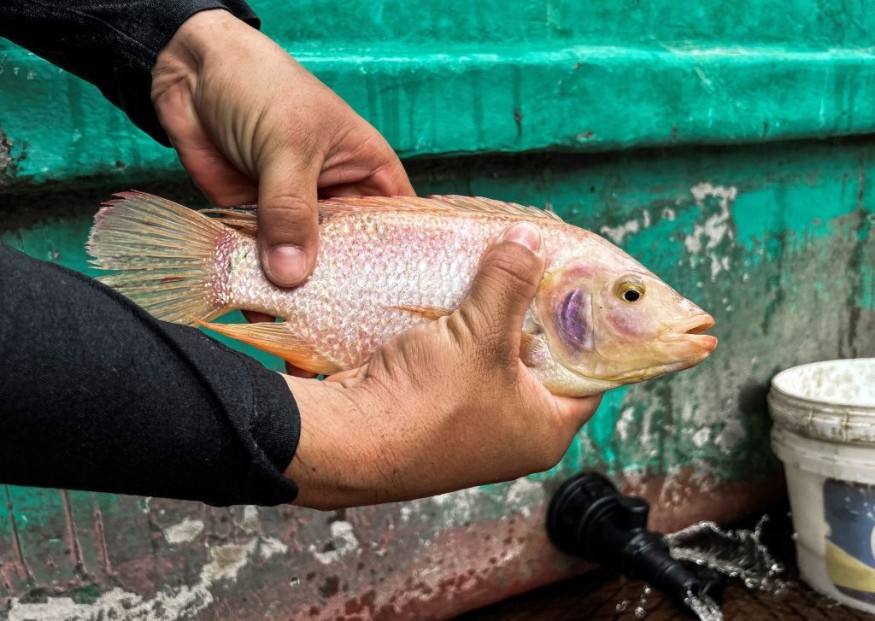
Replacing red meat with forage fish like herring, sardines, and anchovies might save 750,000 lives each year and help combat the climate crisis.
Public Health Benefits
There is mounting evidence linking red meat intake to an increased risk of disease in individuals as well as severe environmental harm.
Forage fish, on the other hand, are extremely nutritious, eco-friendly, and the most abundant fish species in the world's oceans.
While studies have indicated that forage fish have health benefits, it is uncertain how much they may reduce the world's illness burden if they were substituted for red meat.
A team of Japanese and Australian researchers has found an explanation after undertaking the largest investigation of its type, comprising data from over 130 countries.
The researchers created four scenarios, each of which represented a different pattern of worldwide forage fish allocation. They used data on 137 nations' expected red meat consumption in 2050, as well as historical data on forage fish caught in marine ecosystems.
Globally, this technique has the potential to save up to 750,000 lives from diet-related disease by 2050, as well as up to 15 million years of disability.
Adopting this type of diet would be especially useful for low- and middle-income nations, where these fish are inexpensive and plentiful and where the toll taken by heart disease in particular is significant.
Compared to red meat, seafood not only contains more important nutrients, but it also helps to reduce diet-related noncommunicable diseases (NCDs).
Forage fish include omega-3 long-chain polyunsaturated fatty acids, which may help prevent coronary heart disease, as well as calcium and vitamin B12. They have the smallest carbon footprint of any animal food source.
"Our study demonstrates that the adoption of forage fish as a red meat alternative would potentially offer substantial public health benefits (with the avoidance globally of 0.5-0.75m deaths from diet related NCDs), particularly in terms of reducing ischaemic heart disease," the study says.
In Britain alone, cutting red meat consumption by 8% and substituting it with forage fish, such as sardines or herring, might avert 10% of heart disease deaths over the following 26 years.
Limited Supply
The researchers noted that the limited amount of forage fish cannot substitute for all red meat.
According to the researchers, three-quarters of the forage fish catch, including a significant amount caught off the coasts of countries suffering from food insecurity and malnutrition in the Global South, is ground into fishmeal and fish oil, which are primarily used for fish farming and sold to high-income consumers.
Total fishmeal production in the first eight months of 2023 was down by about 28% compared to the same time in 2022.
In terms of fish oil, overall cumulative output fell by 24% over the same time. Chile was the only country to see a positive improvement, thanks to stronger catches and higher-than-average oil outputs in the country's south.
While various studies have shown that forage fish offer potential nutritional and environmental benefits, it is unclear how much they could reduce the world's illness burden if swapped for red meat.
"This study points to the need for fish-based food policy guidelines and nutrition-sensitive policies to pay more attention to the composition of future fish intake and to promote forage fish consumption," the researchers said.
Related Article : Study: Five Popular Kinds of Seafood in Australia Had Microplastics
© 2025 NatureWorldNews.com All rights reserved. Do not reproduce without permission.

